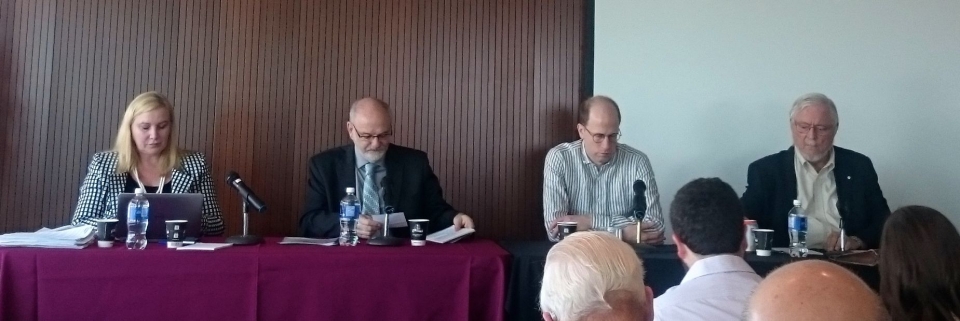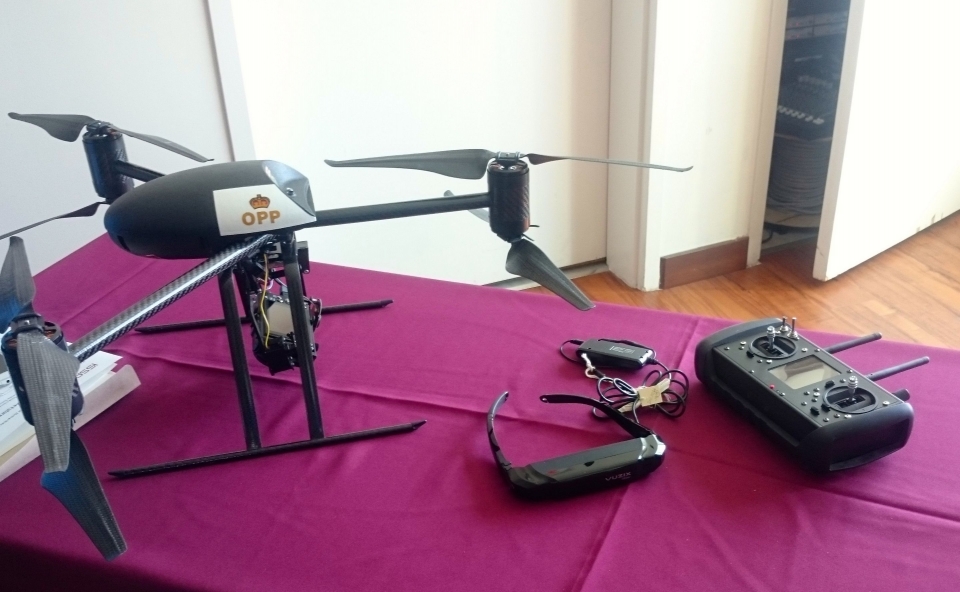What world can we imagine in 20, 30, even 50 years in the future? How rapid will technology advance and how do we develop policy to match the speed of development? How many times will my job description change? What do we do when machine intelligence surpasses human intelligence? These are just a few of the many questions that I have after the "Technological Unemployment and Future of Work" interdisciplinary symposium at Congress 2015.
I sat down for the symposium intrigued about the topic, but didn’t fathom the scope of what I would learn. It is both fascinating and terrifying the scenarios presented about what technology could possibly bring to society and what that means for our lives. Trying to comprehend the possibilities and changes that both human and machine intelligence can bring to society and the future of work is daunting, and my mind is still spinning with thoughts and many questions about all of the possibilities presented here.
Dr. Nick Bostrom spoke about the big picture and long-term outcomes of future machine intelligence. The speed of change is so rapid and radical at this point in time that we do not know how many technological improvements will be needed until machines reach human intelligence. Once machines reach the baseline of human intelligence, how quickly will they take off to become superintelligent machines? Dr. Bostrom describes many different scenarios the future may hold, but there are many unknowns.
Wendell Wallach describes himself as your friendly skeptic and he provided a view that encompasses the many global factors that influence the future of work and emerging technologies. As productivity increases with less job growth and earning potential, we face a potential crisis. Wallach summarizes one of his many points with this fitting quote: “Human activities are becoming more roboticized, while robots are becoming more humanized.”
Wendy Cukier joined the two scholars on a panel where a number of ideas were suggested about how to deal with increased automation in the future of work. The options and opinions about possible solutions vary, but it’s clear that with the rapid rate of technological change, no one can predict what the future will hold. This symposium is a fantastic example of the level of discussion that Congress can achieve when you bring academics together across disciplines to talk about these enthralling issues.


